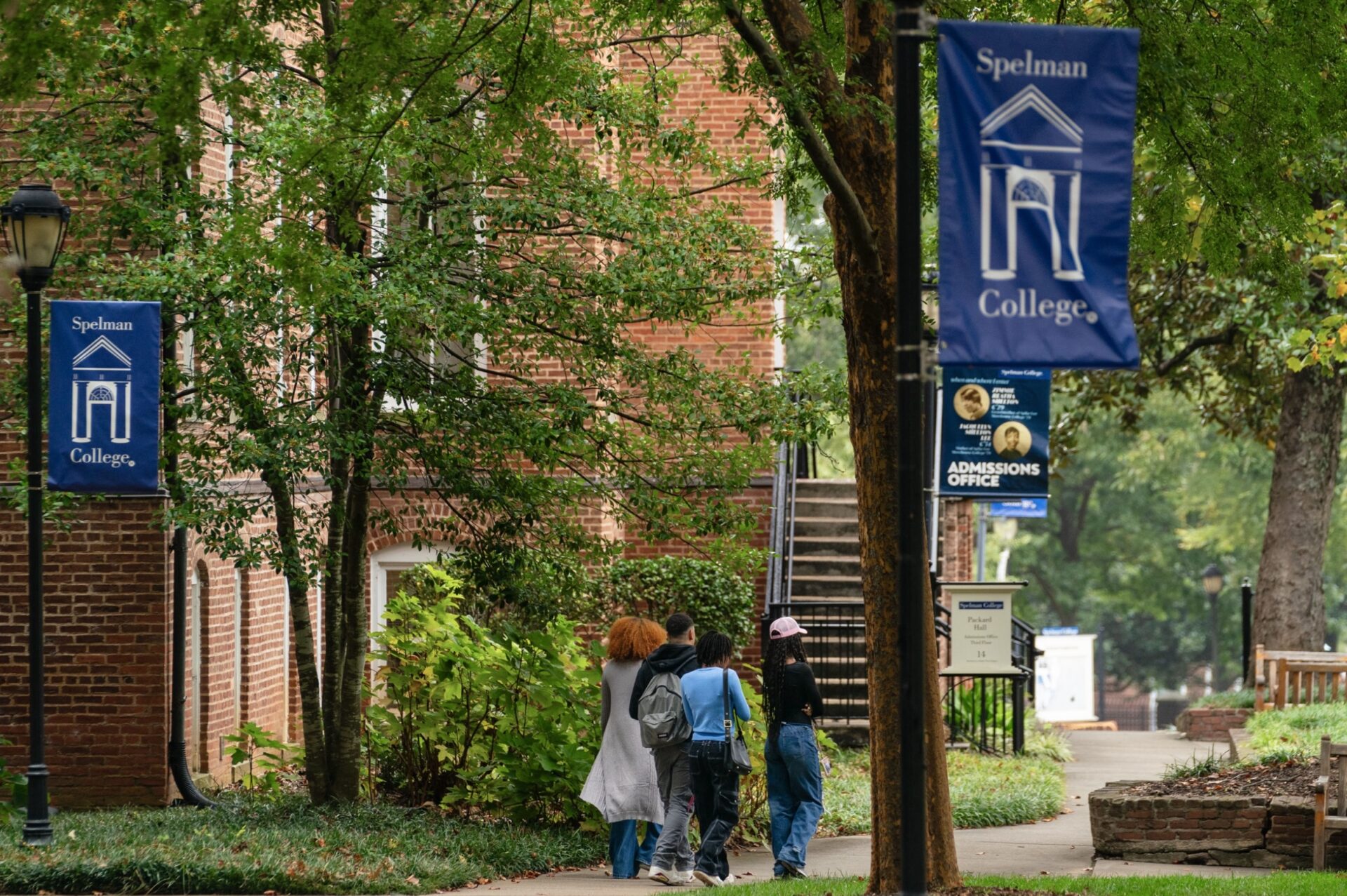
April 4, 2024
Donations To Spelman College Highlight Funding Disparities To HBCUs
Endowments at Historically Black Colleges and Universities pale in comparison to those at the wealthiest U.S. colleges and universities
By Dr. Lezli Baskerville
Endowments at Historically Black Colleges and Universities (HBCUs) pale in comparison to those at the wealthiest U.S. colleges and universities, with the overall endowments at all HBCUs accounting for less than a tenth of Harvard’s.
That’s why when someone like Ronda Stryker, the billionaire granddaughter of the founder of medical device maker Stryker Corp., and her husband, William Johnston, donate $100 million to Spelman College, it becomes push alert-worthy news.
The money – which will be used to endow scholarships, develop an academic focus on public policy and democracy, and improve student housing, among other things – continues a trend of increased donations to HBCUs since the racial justice protests spurred by the 2020 killing of George Floyd. Yet, despite the reversal of fortune at some HBCUs, overall donations to these schools still pale in comparison to other top-tier institutions of higher learning – with HBCUs receiving 178 times less funding from foundations than the average Ivy League school in 2019 alone.
While observers attribute various reasons for this glaring disparity – from vestigial impacts of racism, limited connections between philanthropists and HBCU leaders, and underfunded marketing budgets – the fact remains that HBCUs are key to excellence, social and economic mobility in Black America.
HBCUs have always punched above their weight, as despite comprising just 3 percent of American colleges and universities, they graduate 42 percent of Blacks with advanced degrees in the sciences, technology, engineering and mathematics, 44 percent of Blacks with Bachelor’s Degrees in Communications Technology, 50 percent of Black lawyers, 50 percent of Black doctors, 40 percent of Black members of Congress, and our country’s first female, Black and Asian Vice President.
It is, however, expected that the modest funding progress HBCUs have made in the past several years will be tested in the wake of the Supreme Court’s ruling to effectively end Affirmative Action as the schools see a deluge of applicants.
Despite their tremendous value to America and the world, the decades of private underfunding and public under-investments in HBCUs have left many of these institutions with narrow operating margins.
With HBCUs underfunded by about $12.8 billion and an expected surge of new applicants following the Supreme Court ruling, it is more important than ever before to narrow the funding gap. Thriving HBCUs are essential for closing the education, employment, economic, wealth, health, sustainability, peace, and justice gaps in America, and for a thriving economy. That is why it is heartening to see some of America’s most wealthy individuals taking up the mantle.
Financier and philanthropist Robert F. Smith made headlines in May 2019 when he announced that he and his family would pay off the student loan debt of the 2019 Morehouse College graduating class of 396 students. Smith also helped launch the nonprofit Student Freedom Initiative to tackle the disproportionate loan burden on black students and create more choices for those whose career options or further educational opportunities might be limited by heavy student debt. The SFI in 2022 also announced a partnership with Prudential Financial that is providing $1.8 million in microgrants to HBCU students.
Along with Smith, MacKenzie Scott, philanthropist, author, and ex-wife of Amazon founder Jeff Bezos, began investing between $20M and $50M in HBCUs in 2020; Netflix founder Reed Hastings and his wife, Patty Quillin, gave $120 million to the United Negro College Fund, Spelman and Morehouse College; and former New York mayor and entrepreneur Michael Bloomberg pledged $100 million for student aid at the four historically Black medical schools.
Despite multi-million dollar pledges, and billion-dollar investments, HBCUs still remain chronically under-funded, which is why we cannot take our feet off the pedals, but instead we must continue to raise awareness of the imperative to invest in HBCUs, America’s quintessential equal educational opportunity institutions, and the colleges and universities that are best positioned in this post-Harvard and UNC anti-diversity Supreme Court era to advance excellence, diversity, inclusion, peace, and justice in America, while closing the underclass, opening the middle class and creating a Black wealth class across the nation.
RELATED CONTENT: Spelman Sees Influx In Applicants Amid Supreme Court Ruling Ending Considering Race In The Admissions Process

Dr. Lezli Baskerville is president/CEO of the National Association for Equal Opportunity in Higher Education.